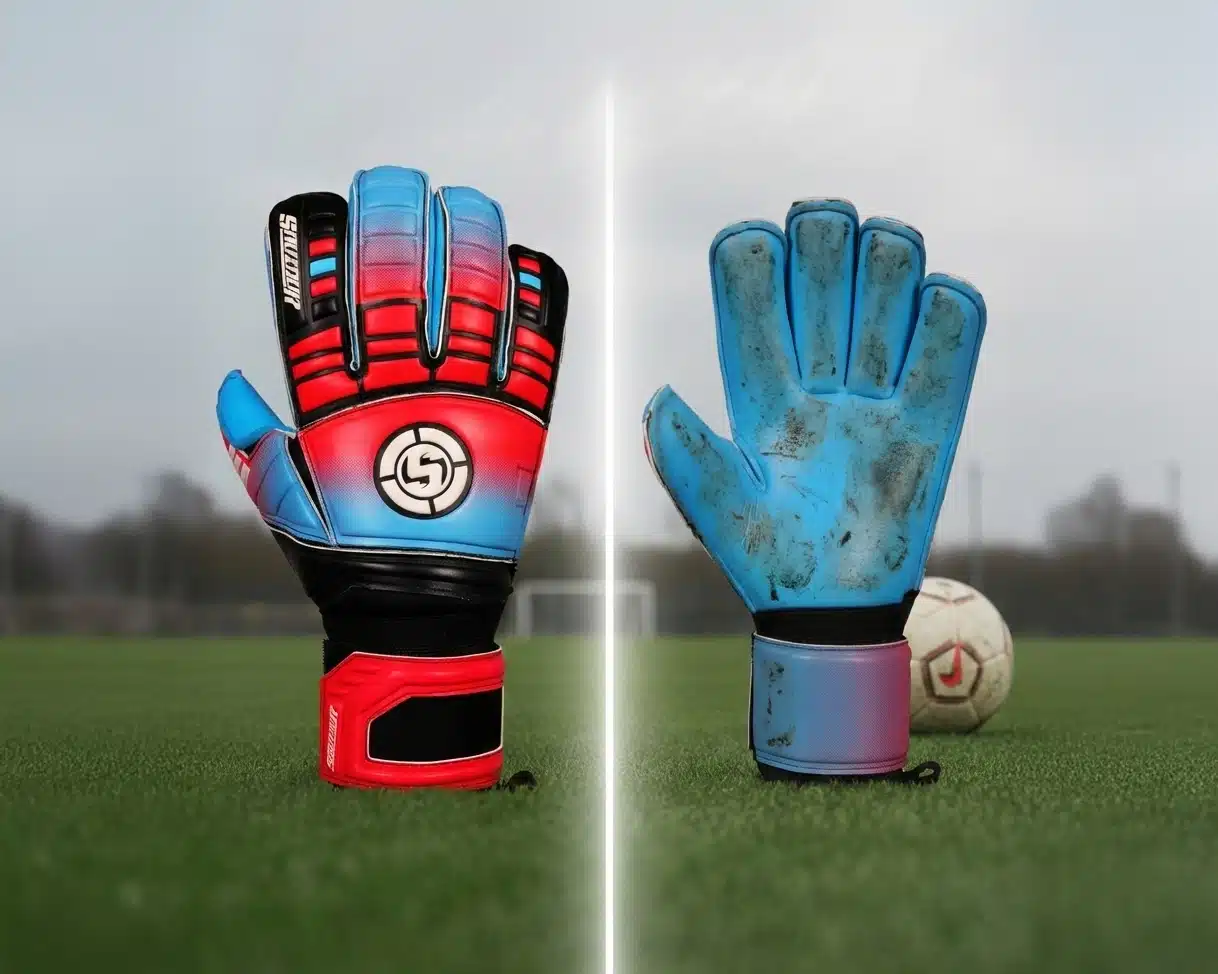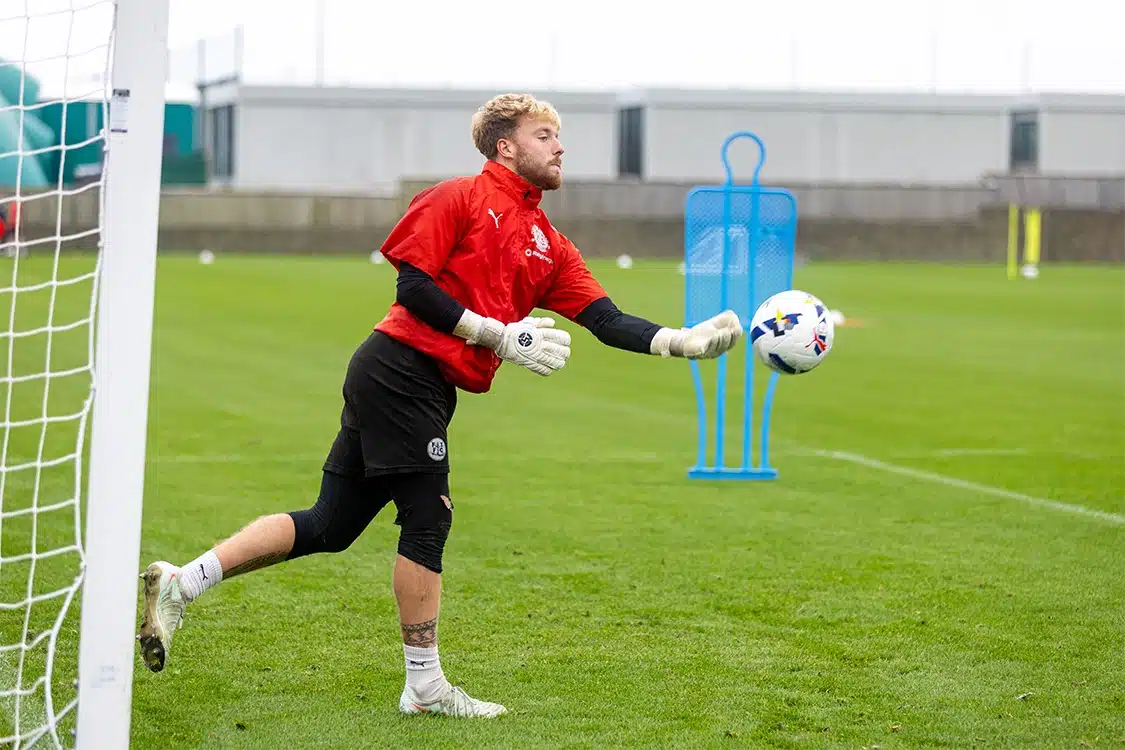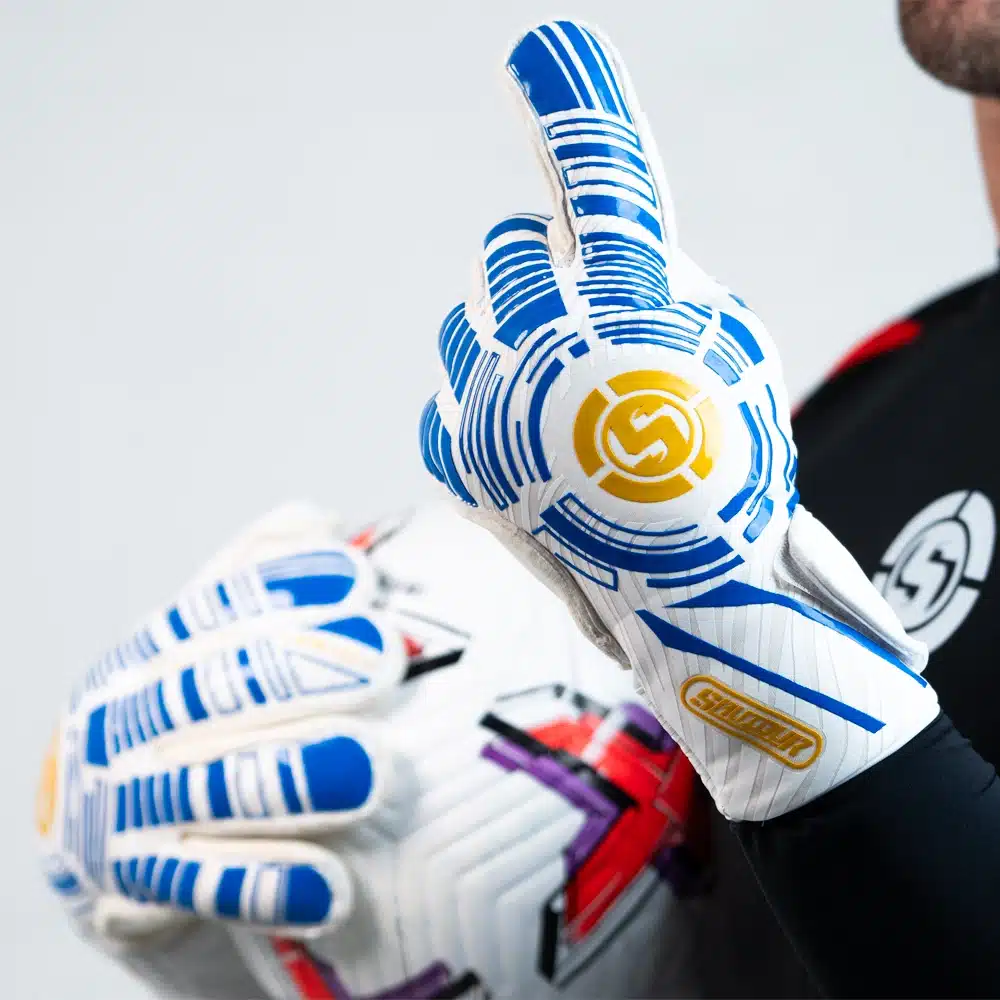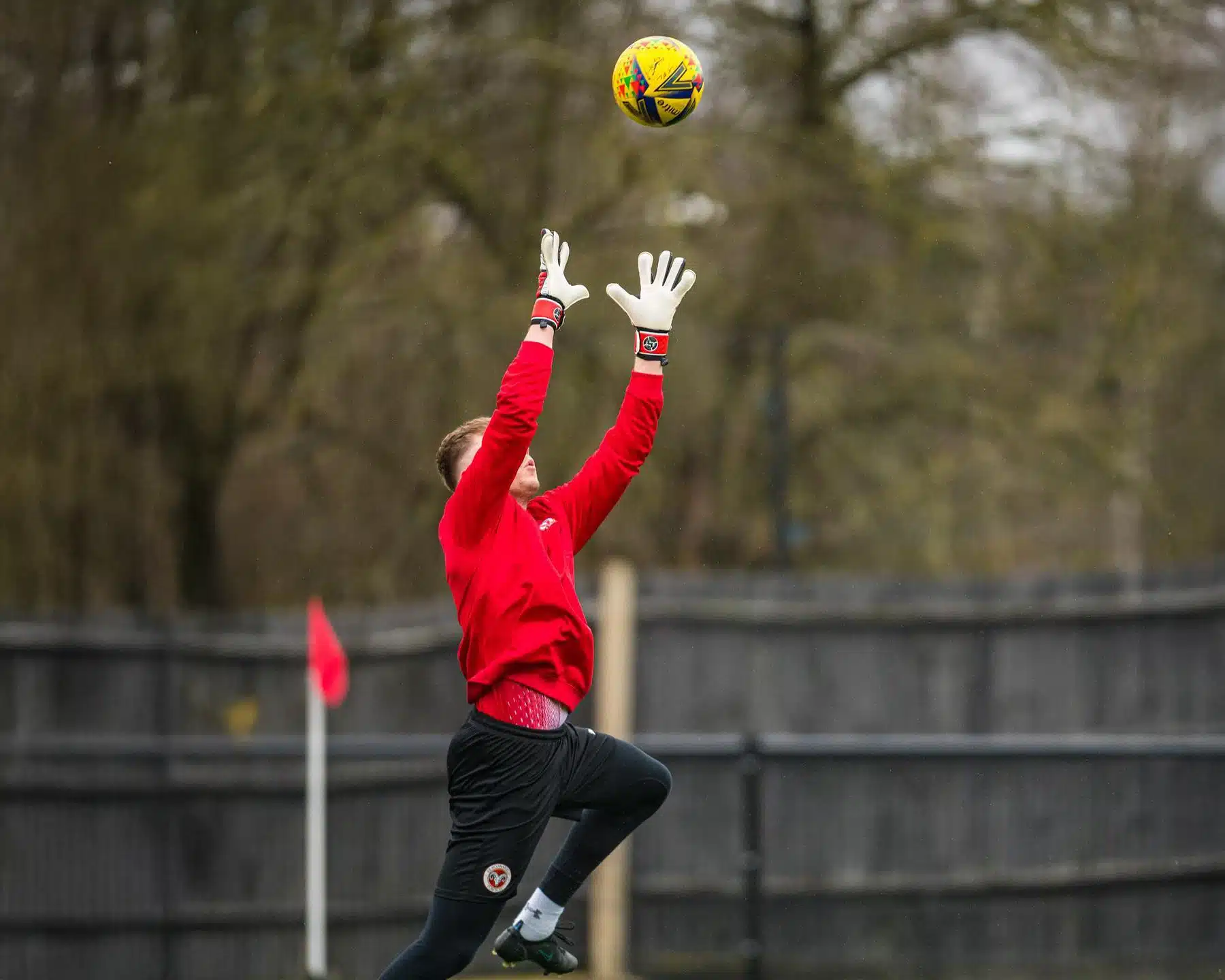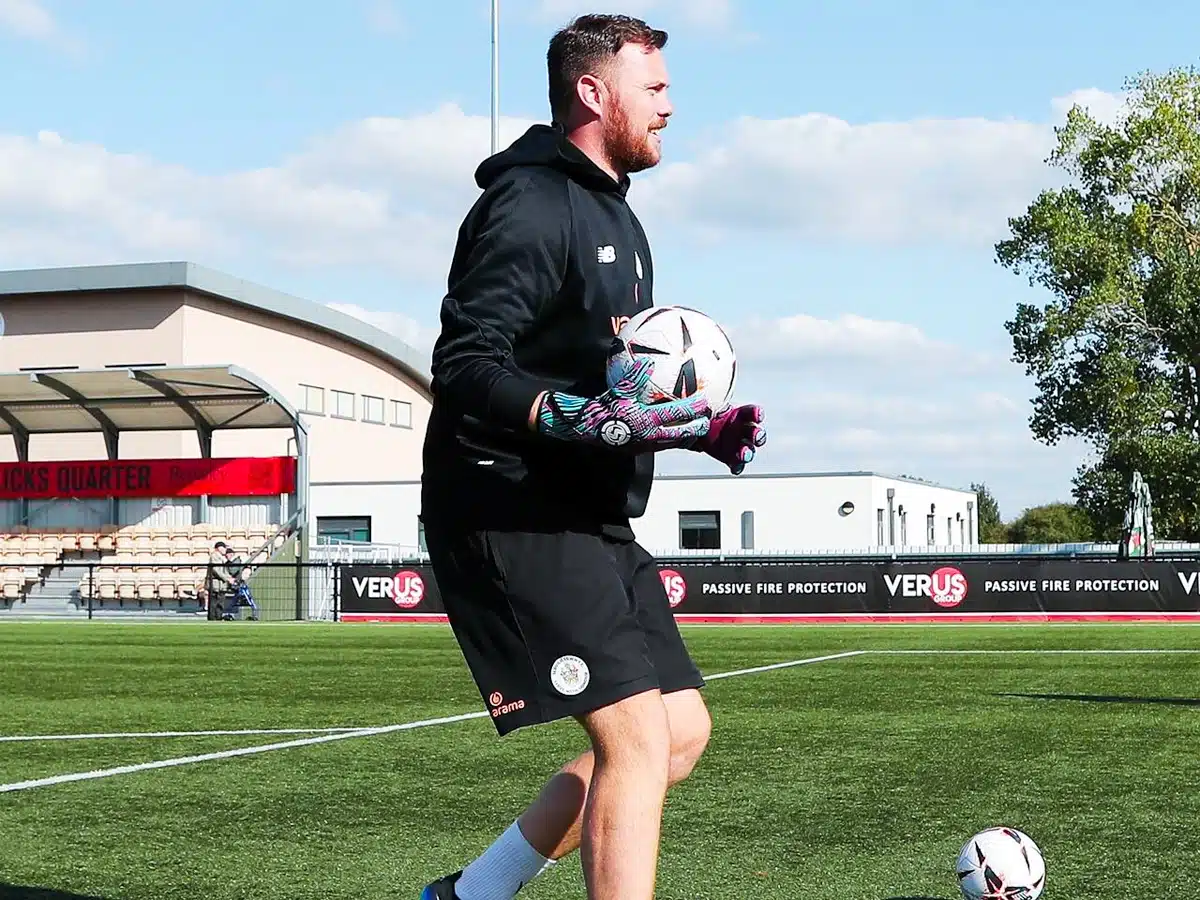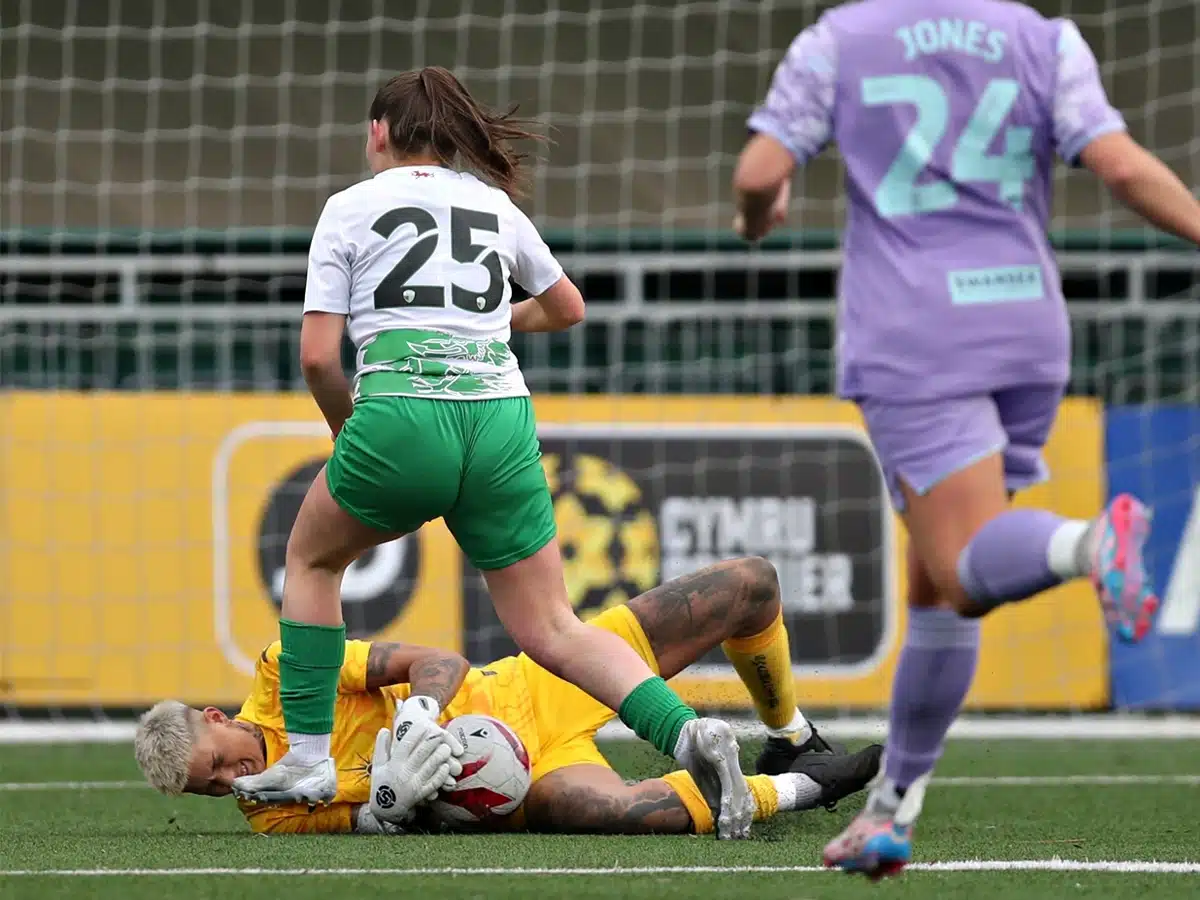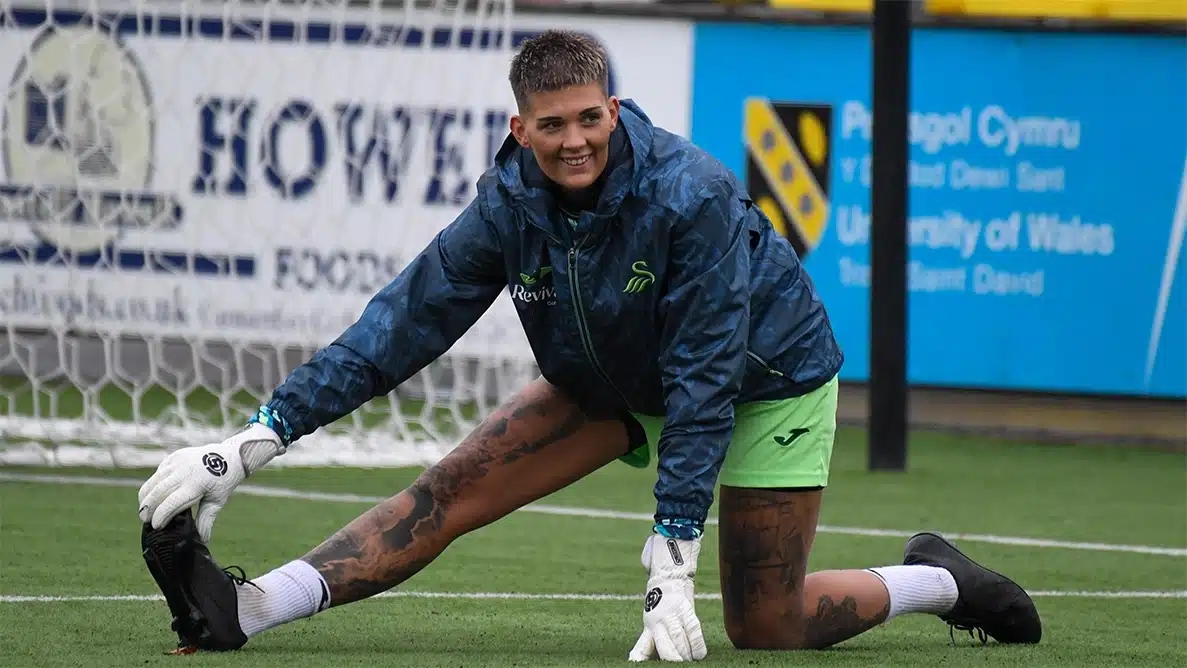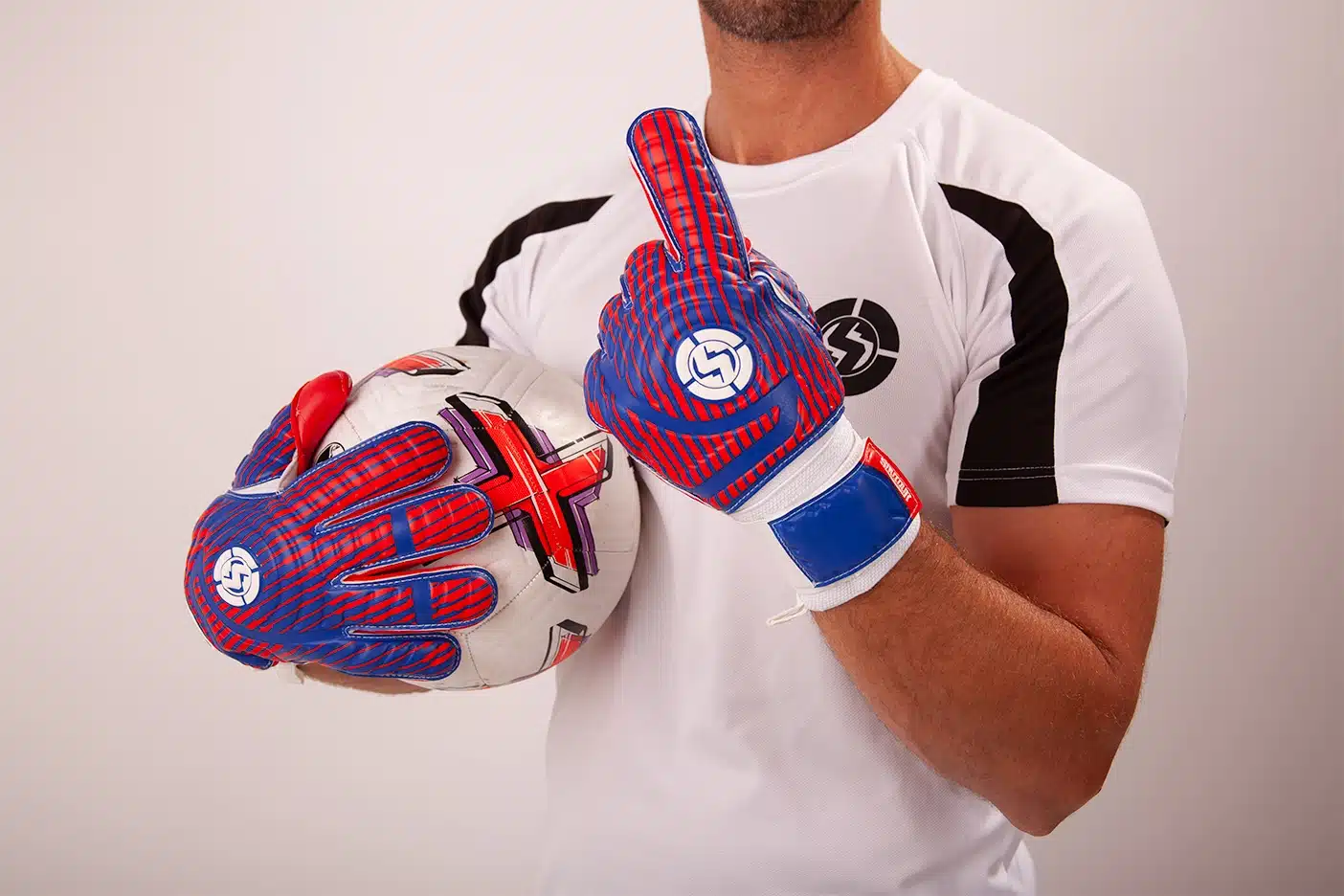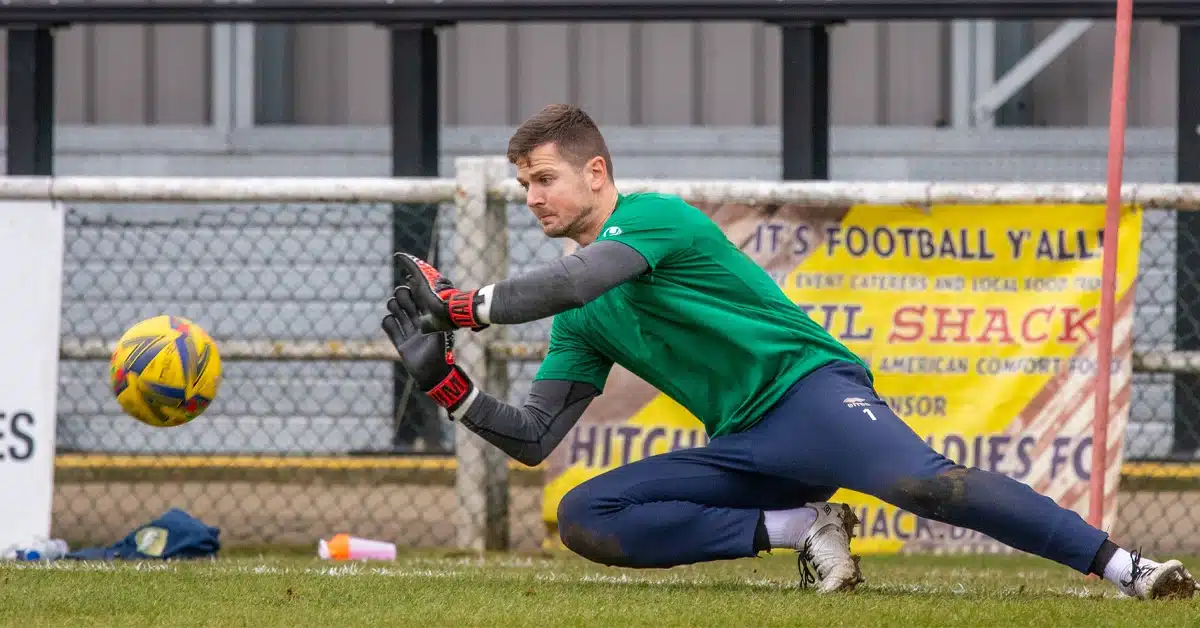Top Five On-Field Goalkeeper Distractions and How to Deal with Them
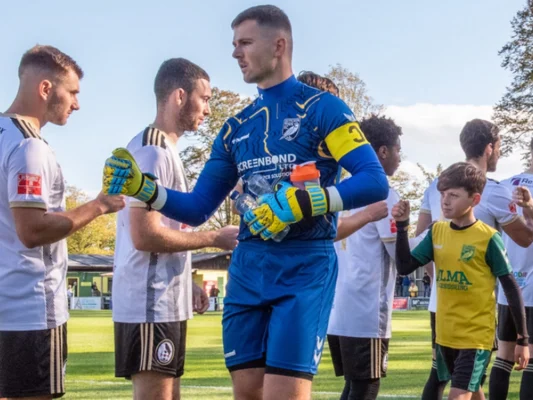
Navigating the chaos of the game—discover how top goalkeepers overcome distractions
Goalkeeping in football is a unique position that demands not only physical prowess but intense mental focus. Every match presents an array of distractions that can sway even the most experienced keepers. Understanding these distractions and learning to manage them effectively can set the foundations for a successful performance on the pitch.
1. Crowd Noise and Chants
The atmosphere in a stadium can be electrifying yet daunting. The disturbance of crowd noise, especially during critical moments like penalty kicks, can break concentration. Top goalkeepers use specific techniques to maintain focus such as deep breathing, focusing intently on the ball, and even using the noise to fuel their concentration instead of letting it overwhelm them. Incorporating crowd simulation into training sessions can also prepare goalkeepers to stay calm under pressure.
2. Opponents’ Psychological Games
Opposing players often use psychological tactics like trash talk to distract goalkeepers. These mental games are meant to provoke errors by breaking your focus. Successful goalkeepers stay above the fray by maintaining composure and using mental conditioning. Regular psychological training, including scenario planning and cognitive-behavioural techniques, can help keepers stay focused no matter what’s thrown at them verbally.
3. Adverse Weather and Lighting Conditions
Weather conditions can significantly affect gameplay. Harsh sunlight, rain, or an unexpected gust of wind can alter the ball’s trajectory, complicating saves. Professional goalkeepers adjust by wearing appropriate gear like caps and gloves designed for wet weather, and by practicing under various conditions to acclimate their reactions. Understanding how to position oneself optimally to counteract glares or shadows is also critical.
4. Different Playing Surfaces
Every field offers a unique challenge, from synthetic turf to a muddy, natural grass pitch. Each surface affects how the ball moves and how players interact with the ground. Goalkeepers must practice on various surfaces to develop an intuitive sense for how the ball behaves. They must also focus on maintaining proper technique to adapt quickly during matches, ensuring confidence in every step and dive.
5. Boredom
It’s challenging to maintain high levels of concentration during matches with long periods of inactivity. To combat this, keepers should continuously analyse the game, predicting play patterns and communicating with their defence. This proactive mindset helps maintain sharpness and ensures that when the ball does come their way, they are ready to act swiftly and effectively.
The Hallmark of Elite Goalkeepers
The ability to stay focused amidst these distractions is what separates the good from the great in the world of goalkeeping. Elite goalkeepers harness a strong mental game, excellent physical preparation, and an unbreakable focus to turn potential distractions into advantages. Through continuous training and mental resilience, goalkeepers can master these challenges, ensuring they’re ready for anything the game throws their way.
Remember, being a great goalkeeper isn’t just about making saves; it’s about consistently overcoming obstacles to keep your mind and skills sharp on the field.
Q&A
Q1: What are some effective strategies for goalkeepers to block out crowd noise?
A: Effective strategies include using deep breathing techniques, focusing intently on the ball, and even embracing the noise as a motivational tool. Practicing in noisy environments can also help goalkeepers acclimate to loud settings.
Q2: How can goalkeepers handle trash talk and psychological tactics from opponents?
A: Goalkeepers can maintain their focus by staying composed, ignoring provocations, and concentrating on their game plan. Regular mental conditioning and psychological resilience training can also prepare them to stay undisturbed under verbal pressure.
Q3: What adjustments should goalkeepers make in adverse weather conditions to perform effectively?
A: Goalkeepers should wear appropriate gear, like anti-glare caps and wet-weather gloves, and practice in various weather conditions to get accustomed to handling the ball differently as needed. Positional adjustments are crucial to minimize the impact of the sun, wind, and rain.
Q4: How can a goalkeeper stay engaged during a match with little action?
A: Keeping mentally active by constantly analysing the game, communicating with the defence, and preparing for potential scenarios helps maintain concentration. This proactive approach ensures readiness for sudden moments of action.
Q5: Why is it important for goalkeepers to practice on different playing surfaces?
A: Different surfaces affect the ball’s movement and the player’s interaction with the ground. Practicing on various types of pitches helps goalkeepers develop an intuitive understanding of how the ball behaves on each surface, enhancing their adaptability and confidence in real-match scenarios.
For more insights on goalkeeping essentials and to find your perfect pair of gloves, visit our Goalkeeper Glove Shop or for more in depth information check out our Glove Cut page, Size Guide, or Glove Care Section.
Other Relevant Article: 4 Key Strategies for Goalkeepers to Set Winning Goals and Turn Pro


